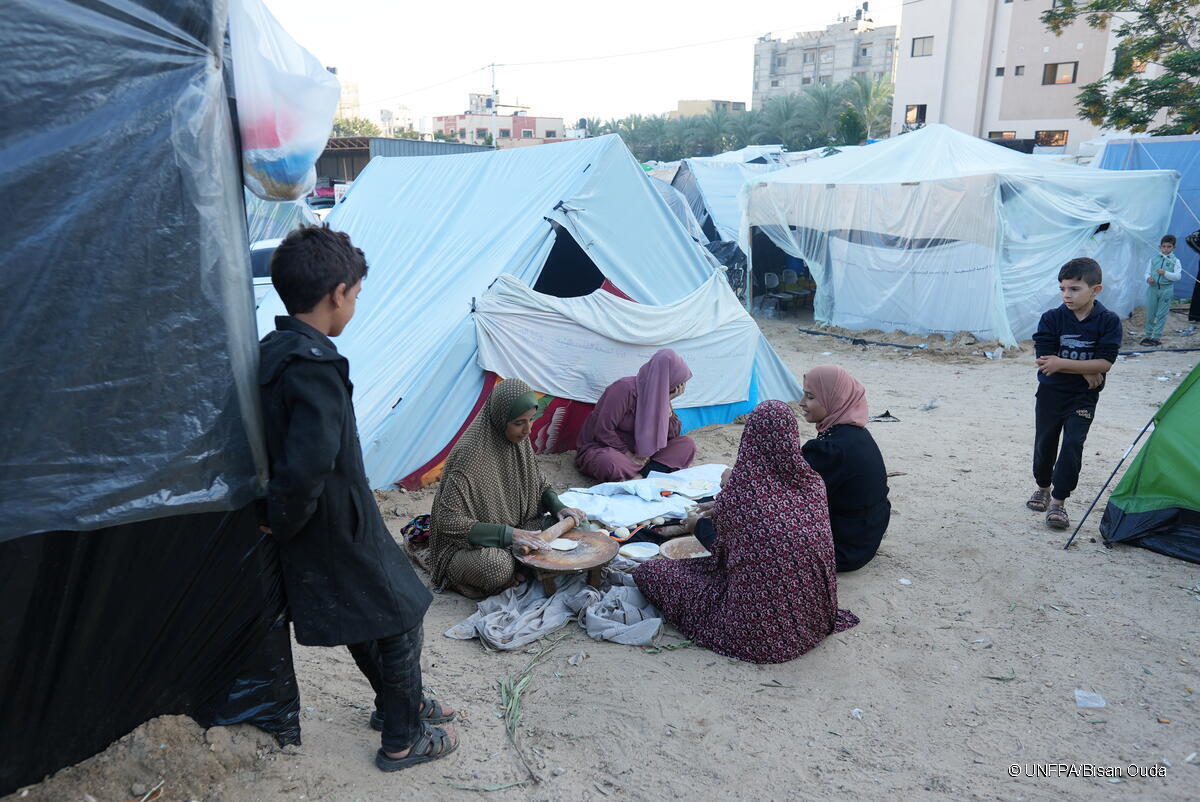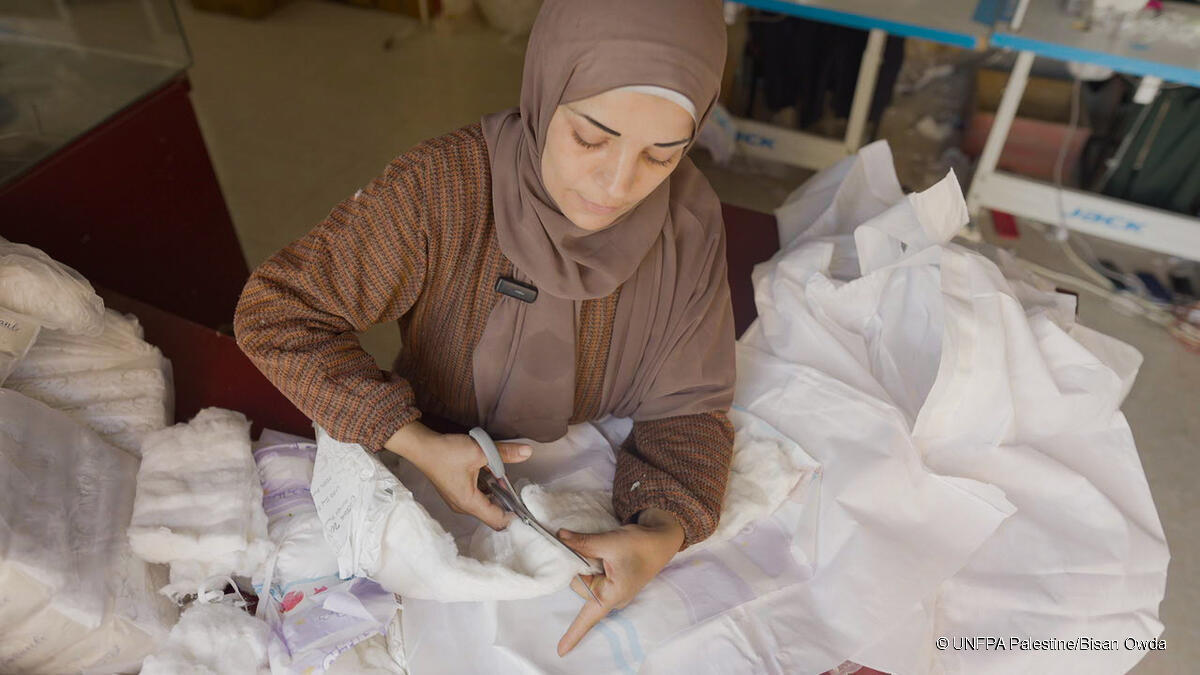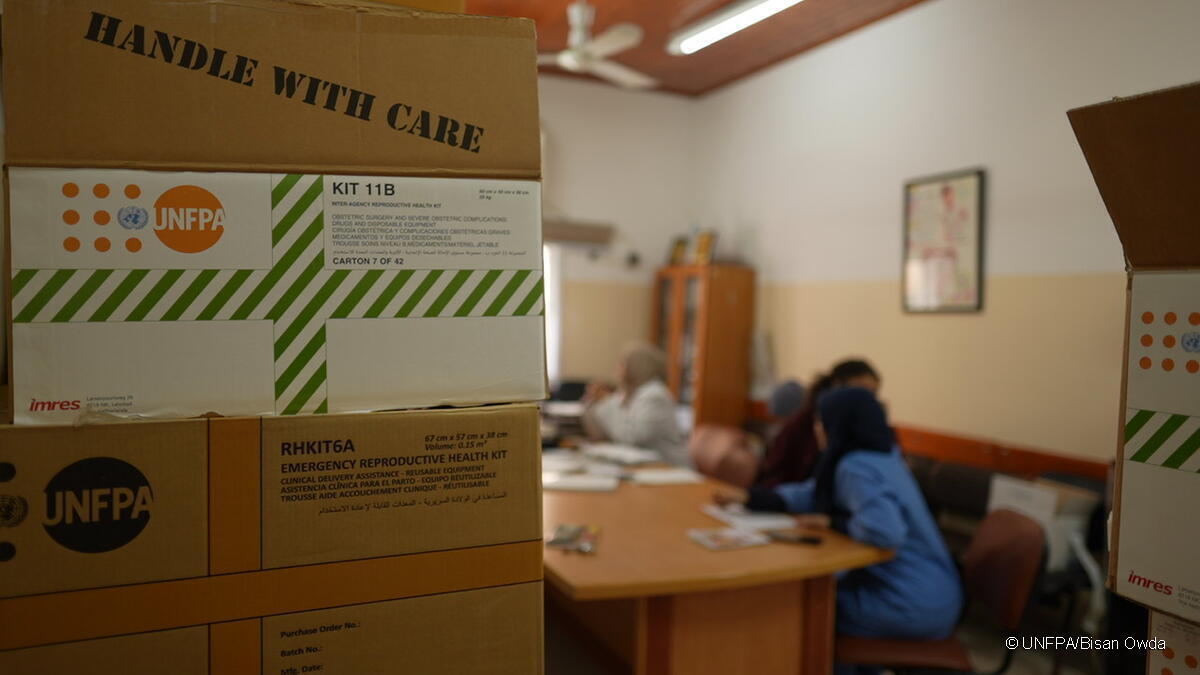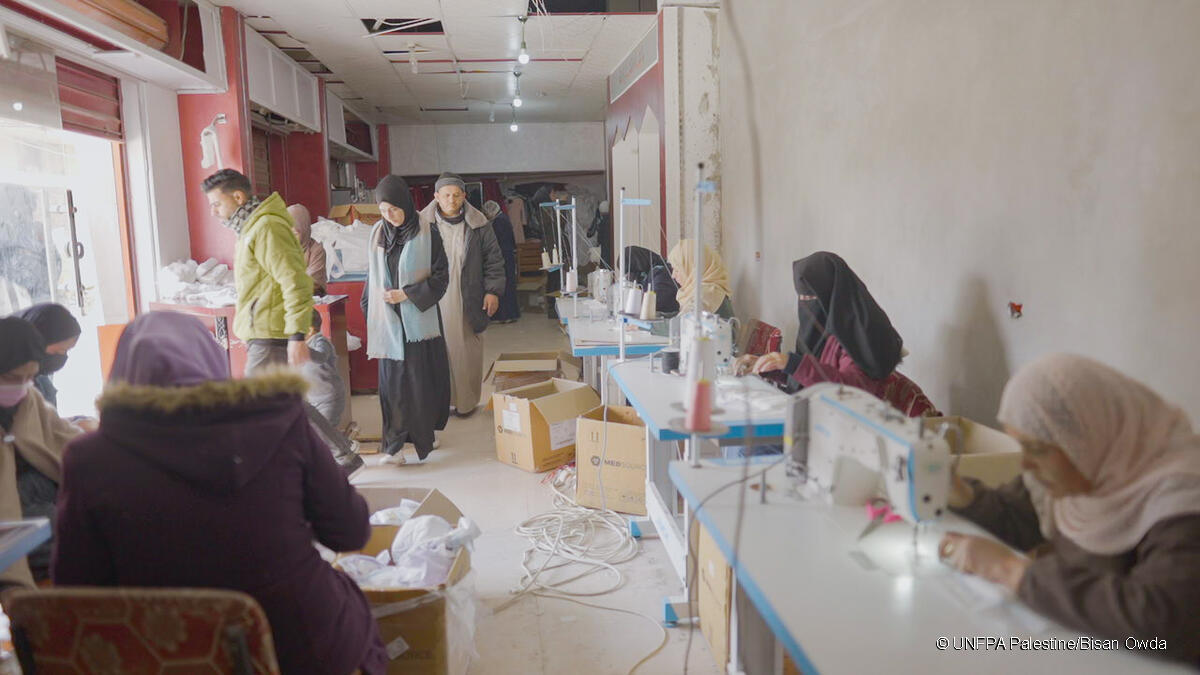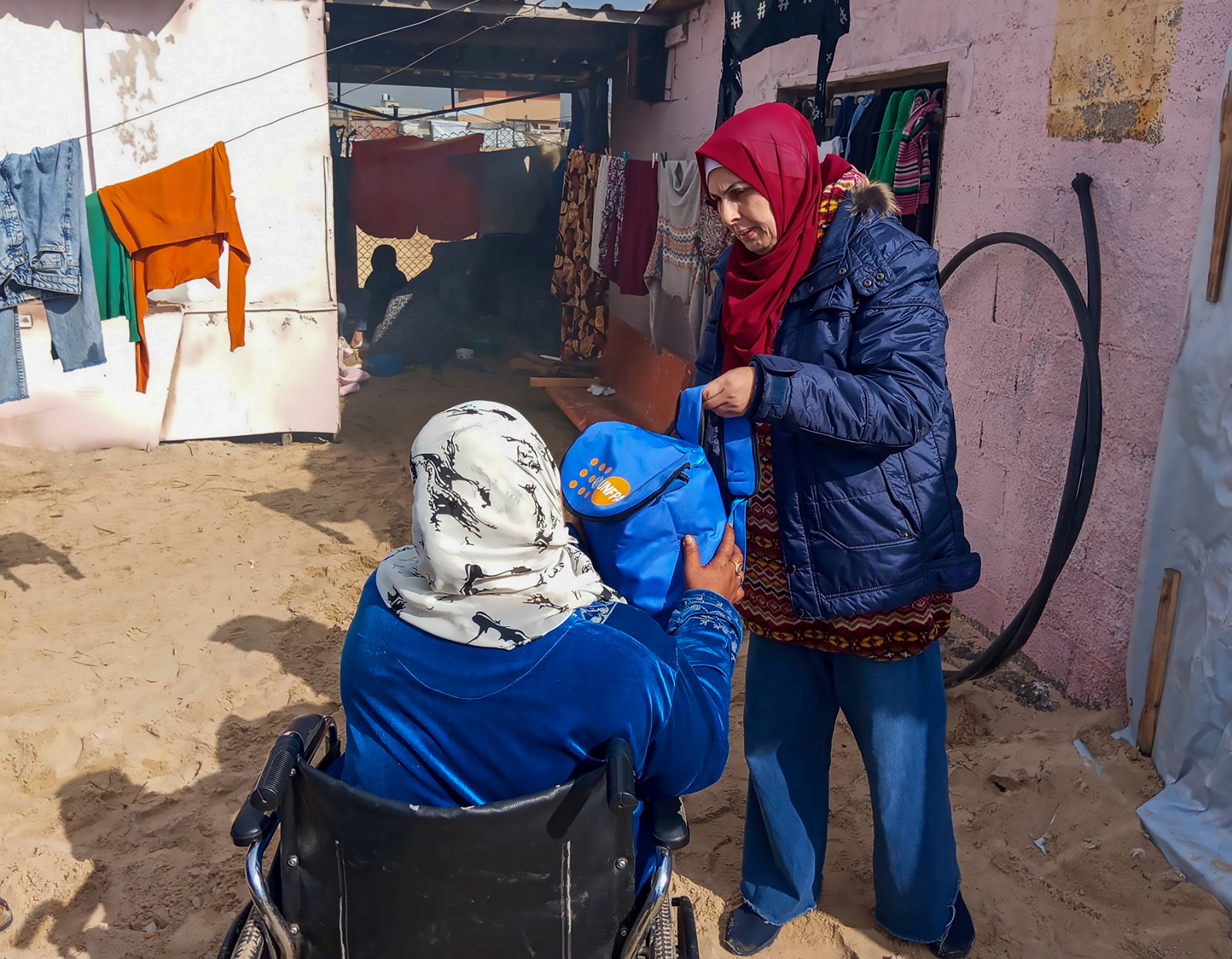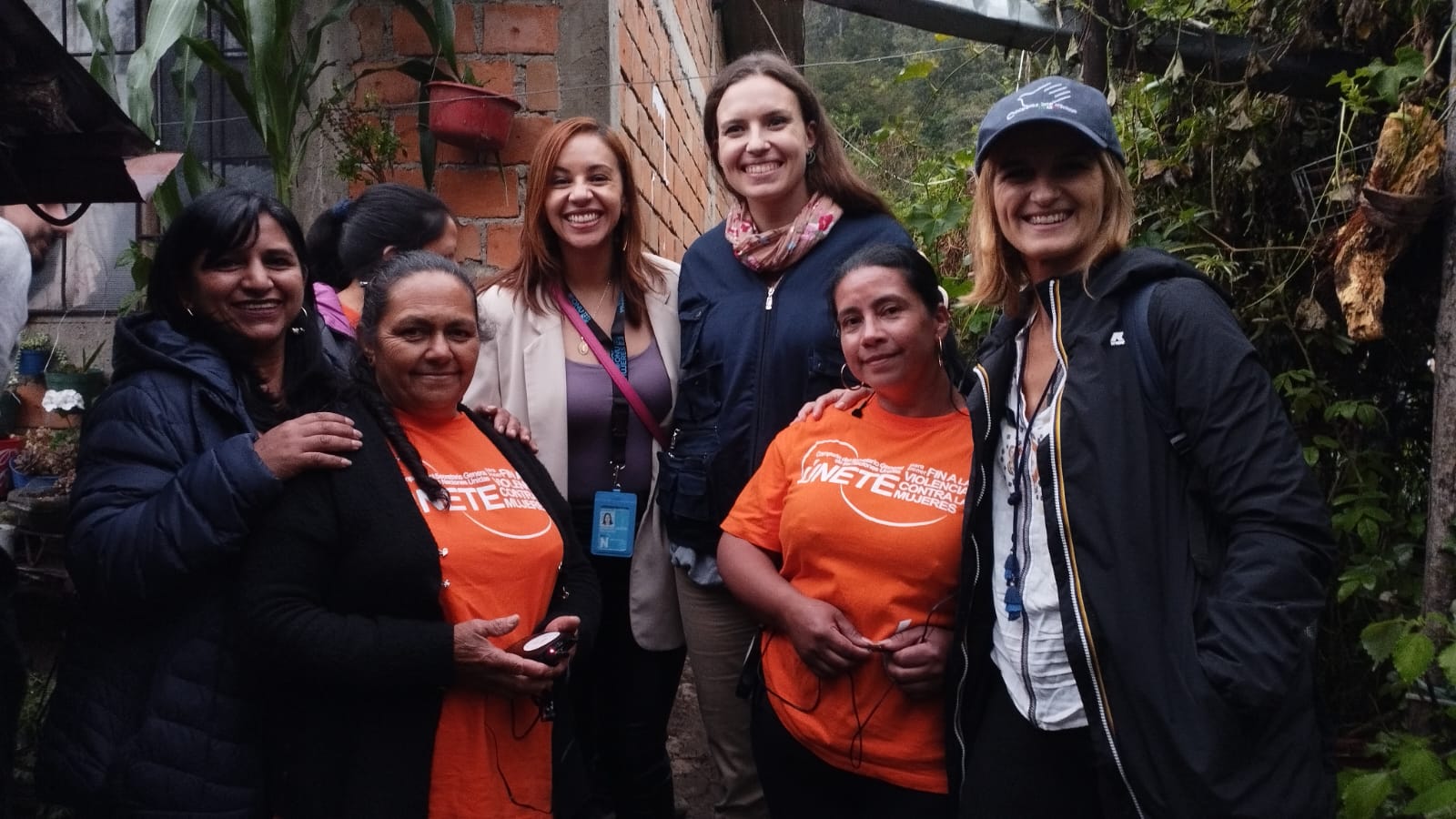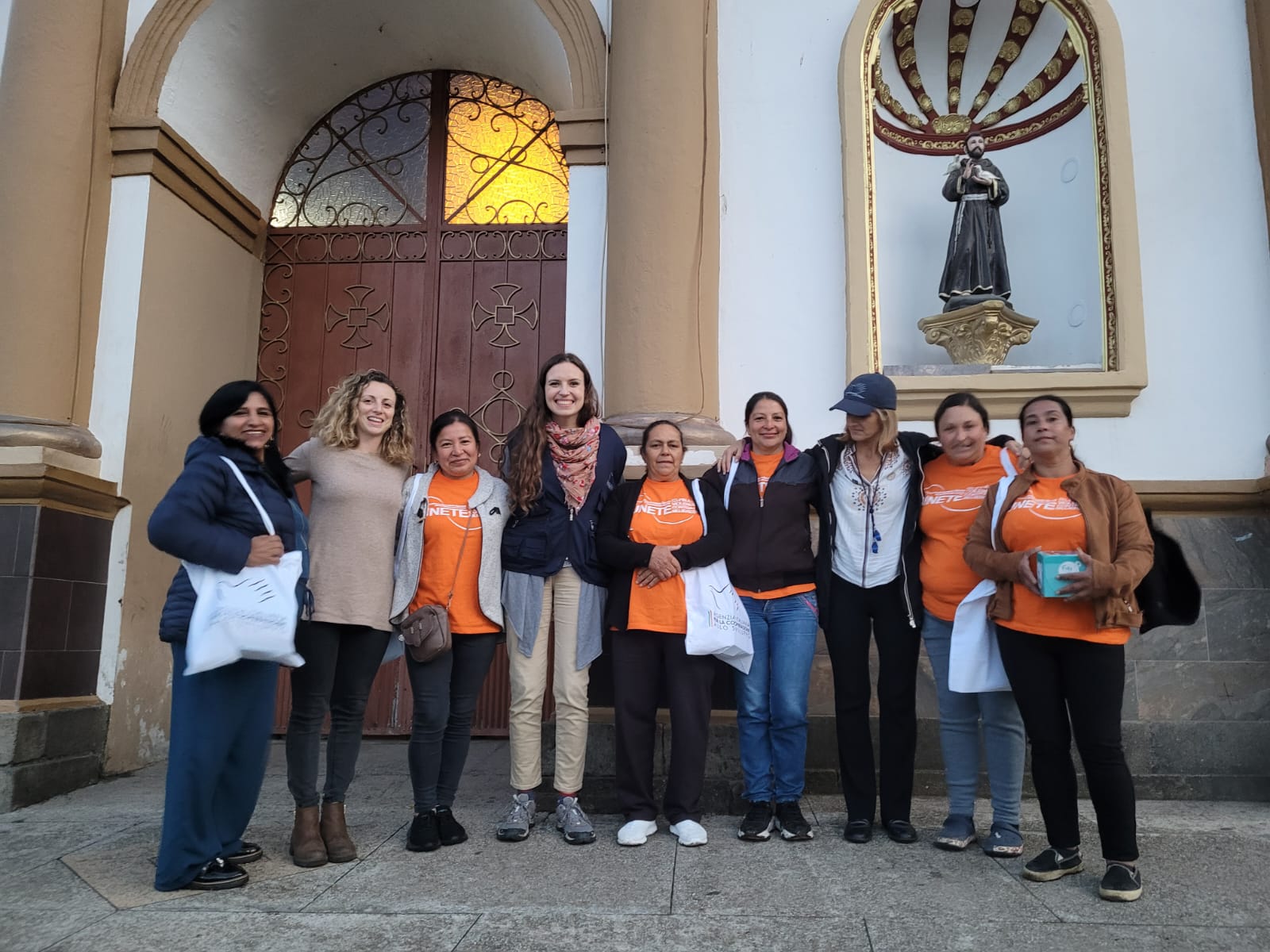On the International Day for the Elimination of Sexual Violence in Conflict, the Italian Agency for Development Cooperation (AICS) renews its commitment to implementing the Women, Peace, and Security Agenda, including through participation in the National Action Plan (NAP) on “Women, Peace, and Security” 2020-2024.
Nearly a quarter of a century after the adoption of UN Security Council Resolution 1325 (2000), the full, equitable, and meaningful participation of women in peacebuilding should be the norm, not an aspiration or an afterthought. However, data shows that this remains an elusive goal. According to the latest report by the UN Secretary-General on the Women, Peace, and Security Agenda, women continue to be regularly excluded from peace negotiations, impunity for atrocities against women, girls, and female children remains prevalent, and women’s organizations struggle to find resources. This is despite substantial evidence that women’s participation contributes to stronger democracies and more lasting peace.
Instances of conflict-related sexual violence are still too frequent and underreported. The United Nations verified 2,455 reported cases of conflict-related sexual violence in 2022 alone. However, the actual number is certainly higher, as many cases go unreported or cannot be verified.
In this context, Italian Cooperation has continued to support organizations committed to women’s inclusion in peace processes and the fight against sexual violence in conflicts.
To cite a few examples, in 2023, Italy supported the United Nations’ “Women’s Peace and Humanitarian Fund” (WPHF) with €3 million. This fund supports local and grassroots civil society organizations led by and focused on women, peace, security, and humanitarian action. Thanks to the funds provided, women receive protection and various forms of assistance, including support for survivors of gender-based and sexual violence, and maternal and reproductive health services. The fund pays particular attention to displaced and refugee women and key areas such as food security and climate change mitigation. Due to its 2022 funding, Italy was a member of the central WPHF Board in 2023, participating in financial allocation decisions and joining the National Steering Committees—the fund’s local management bodies—in Syria, Malawi, and Afghanistan.
More recently, Italian Cooperation supported UNFPA activities with €1.5 million in response to the current humanitarian crisis in Palestine. This support provided life-saving drugs and essential medicines, disposable materials for safe childbirth and pregnancy management, and distributed hygiene kits for menstrual hygiene to women and adolescent girls. Additionally, it ensured assistance to women, girls, and female children living in this emergency context, as well as to youth groups in designing and implementing humanitarian initiatives.
